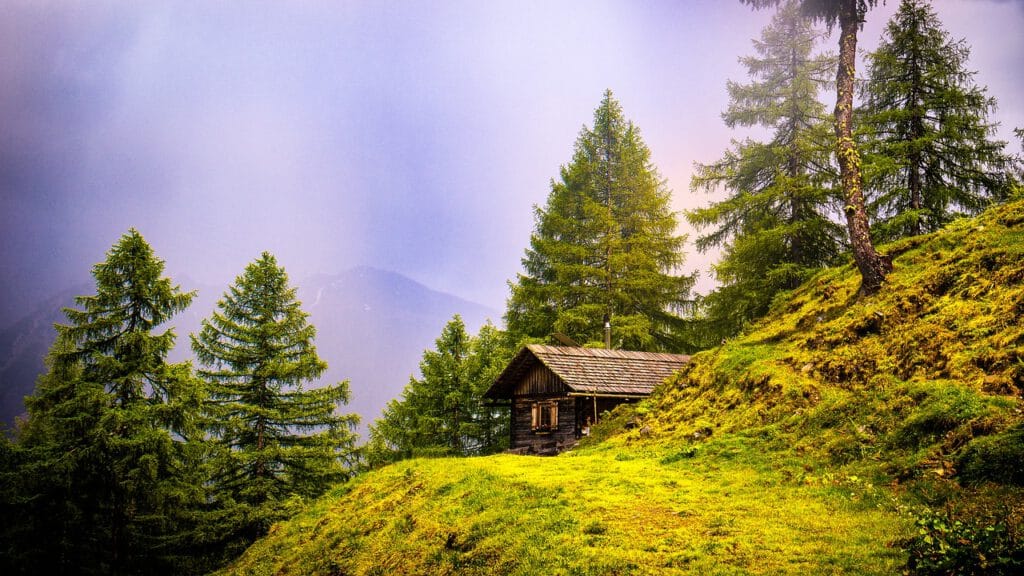3 Big Hurdles You Have To Face When Living An Off-Grid Lifestyle
A lot of people are attracted to the idea of living ‘off-grid.’ They think that getting away from it all and being self-sufficient is the best way to have a carefree life. But even though it’s true that there are a lot of benefits to living off-grid, like lower costs, reduced environmental impact, and more independence, there are also a lot of challenges you will need to overcome.
If you are serious about going off-grid, these are some of the big hurdles you need to get over.
Waste Management
Waste management is a big concern for people that are living off-grid. And if you are going to be a really self-sufficient homesteader, then you will need to handle your own waste.
If you are living in an isolated home and you are not linked up to the local water supply, you will need a septic tank installed. Get in touch with a professional septic tank service and they can advise you on where best to put the tank and how to maintain it. It’s important that you keep your septic tank clean and you are careful what you flush down the toilets because you could damage it.
You also need to make sure that you can dispose of rubbish safely. The last thing you want is for the waste to pollute your water supply. The best way of disposing of rubbish is to burn it in an incinerator, but only get rid of items that are not toxic or dangerous.
Water Supplies
Another big hurdle when it comes to living off-grid is having your own water supply. You need to make sure you have a reliable source of water, whether that’s rainwater or well water, so you have enough for drinking, washing, and growing your own food. If you live in an area that gets a lot of rainfall, then this shouldn’t be very difficult. But if you live in an arid environment, then collecting enough rainwater could be made difficult by dry spells.
One solution would be to build reservoirs for catching and storing the rainwater, but only use non-toxic building materials so that they don’t contaminate the water supply with chemicals or toxins. Your reservoir should also have filtering systems in place so you are not drinking contaminants like dirt or algae when you turn on the tap.
Powering Your Home
Of course, no one is going to choose to live off-grid if it means they don’t have power. But there are plenty of options for an off-the-grid lifestyle when it comes to electricity. A wind turbine would give you enough electricity to run a few appliances and, of course, solar panels and batteries will mean you can store some power for the times when the sun isn’t shining on your panels or the wind isn’t strong enough to turn your turbines.
If you don’t want any kind of polluting fossil fuels in your life, then you might prefer biodiesel generators for running some equipment during dry spells or at night. Biodiesel is an alternative power source that will not contribute to air pollution or greenhouse gas emissions, so it’s perfect for your off-the-grid lifestyle.
If you can overcome these big hurdles, you are well on the way to living an off-grid lifestyle.



